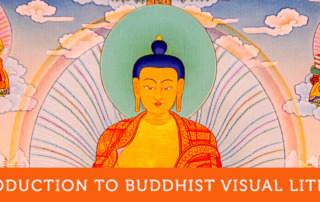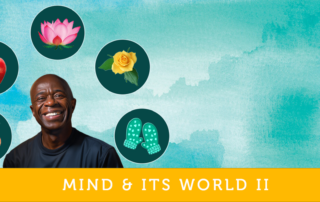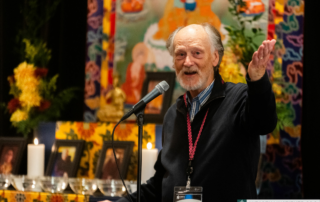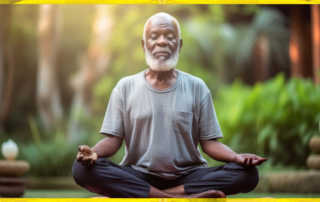SCA 510 Buddhist Visual Literacy
SCA 510 Symbolizing the Awakened Heart: Introduction to Buddhist Visual Literacy Faculty: {!{types field='faculty' style='text'}!}{!{/types}!} This course introduces Buddhist visual literacy, meaning it develops a basis for exploring and understanding Buddhist symbolism and iconography through the use of classic Buddhist teachings on seeming and ultimate realities, while considering the roles of conception and perception. We’ll learn through illustrated presentations and contemplative experiments to explore how meaning is made and communicated when producing and viewing imagery, and especially Buddhist imagery. Part of the course delves into the roots of Buddhist symbolism and iconography, and applies visual literacy skills in reading specific works of Buddhist art. Mode









